
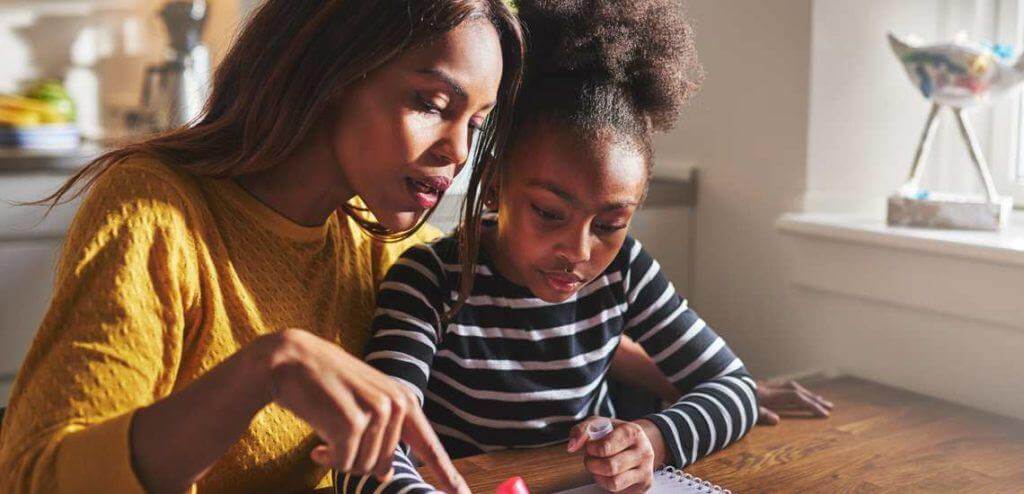
Your Children Are in Virtual School. How Do You Thrive?
In the first part of this series, we offered a helping hand to parents who never intended to homeschool but ended up (thanks to the pandemic) with kids doing math at the kitchen table anyway. We provided you with a few tips from long time homeschoolers to make the school-to-home transition a little easier.
Can you believe that it’s been almost a year?
And now, the stories are multiplying.
A child who had stomach-aches and weeping fits every day at school is thriving at home—because the chaos and background noise that made it impossible for her to function are gone. A middle-school student who struggled with reading is finally leaping forward, thanks to one-on-one instruction in phonics. An African-American parent, listening to her child’s online class, realizes that the teacher is consistently silencing and ignoring students of color, and decides to bring her son home for good.
Many parents will welcome the resumption of in-person classroom learning with relief, and we’re on board with that! Home schooling isn’t for every family, and we’re huge fans of supporting parental choice. The best education is the one that works for you and your children (not the one that someone else prescribes for you).
But we’re hearing from so many parents who’ve discovered that at-home learning suits one, or more, of their children in a way that they couldn’t have anticipated—and they’re cautiously thinking about keeping on with it.
If you’re finding life unexpectedly better without the institution of school, here are a few considerations for you to keep in mind.
First, from my own experience: Don’t commit to “being a homeschooler” right away. Say to yourself, “Well, let’s try the rest of this year and see how it goes.” Re-evaluate each semester—twice per year. You can always change your plan. Kids can always go back to school. But if they’re learning now, how about giving it another semester to see what happens?
Also, if you have more than one child, don’t commit to “being a homeschooler” for the entire family. Many parents discover that one child learns best at home while another finds the competition and company of the classroom motivating. Make your decisions for each child individually, one semester at a time.
Second: If you’re going to give homeschool a try, be willing to break away from the syllabus. This is the biggest departure from traditional classroom education you’ll face—cultivating the willingness to let kids indulge their own curiosity, follow their noses, and focus on what they love. They can gorge on math and science, or practice piano (or violin or accordion) for hours on end, or spend uncounted time delving into Arthurian legends or the mysteries of the pyramids, or invent a new way to inventory the birds who feed in the backyard.
Syndi W. puts it like this: “One of the greatest assets of homeschooling is giving kids (and teens) the time to follow their interests. Do they want to spend weeks learning about Greek mythology, or horses, or building a forge? Great! Go for it.”
This can feel odd if you’re used to letting the school set the curriculum. “I’ve had numerous conversations with parents recently, especially those who are virtual schooling,” says Christine A., “who are losing their minds because their children are following their natural curiosities instead of sticking to the pre-established schedules and structures. There’s a real fear among parents that self-led learning equals lack of discipline.”
Counter that fear with the experience of many other parents, such as Stephanie G.-B. “My oldest spent two years on the Story of the World, Volume 1, because he was SO into everything ancient Egypt!” she says. “He could tell you the name of every god, and even dressed as Osiris for Halloween. It taught him early that learning is fun! He is now about to get his BS at age 20 (and plans to go all the way to a PhD), and still looks forward to what he will learn each year.”
And Rachel Y. adds: Remember that the public school syllabus is not the ultimate authority on what’s important to know. “Think back on your own education,” she advises. “What do you wish you’d learned? What do you wish you hadn’t wasted time with?”
Third: Let go of “the schoolday.” Sometimes work will take six hours. Sometimes it will take forty-five minutes.
In fact, you can even let go of “the school year”! “One of the greatest freedoms we have found with homeschooling,” Lindsay W. writes, “is not simply the *daily* freedom in our schedule, but the *seasonal* freedom. We are not bound by a mid-August start date. The public school district does not tell us when Christmas break will be, or how short it will be. When there is a week of unusually beautiful weather, we answer to no one when we take those days off and use them outdoors for our mental and physical health. Being able to set a pace that fits with my husband’s work schedule has given us freedom to travel for weeks at a time during the tourism “off-season” (Off-season for whom? Sometimes that’s a weather-related answer, but often, its set by the public school academic and sports calendars). Being liberated from that has been one of the best aspects of homeschooling for us.”
And Emily M. adds another revolutionary thought: “Don’t be afraid to let your kids have a little control over the day. ‘What subject would you like to do next?”’ This has turned our day around many times.
Finally: be willing to let go of some of the formalities of classroom paperwork—such as forms, tests, and completed worksheets. “You don’t need to assess learning by quizzes and written tests,” says Kristen Kelly A. “Talk to your student. Notice when s/he puts the learning into practical use.” And she adds, “Your child doesn’t need to complete every single exercise or start at the very beginning of a curriculum and work all the way through it. Use assessments for placement. Skip extra practice problems when the concept is mastered.”
Lisa W. agrees. “For elementary school kids especially,” she says, “you truly don’t need tests or graded assignments to know what they know. When you’re working alongside them every day, you’ll already know if they get the concept or not. You can skip grading completely, unless you’re required in your state to turn them in. Just work through any mistakes until they understand it, then move on.”
And Laura S. adds a final bit of advice: “You don’t have to finish the book or the curriculum if it isn’t working for your child. You are teaching your child, not the curriculum, and that means sometimes you will have a bad fit. There are a lot of options out there, and nothing wrong with changing if you need to.” (That’s not an option in most classrooms!)
We’re still thinking about all of you accidental home educators—and particularly those of you who are going to keep on giving home education a try! Check out our forums, where you’ll find not just long-time homeschoolers, but thousands of other parents who are helping their kids survive and thrive in these difficult times. Browse through our “how to home school” articles for more tips. And if we can help, drop us a note.
Recommended Products
-
Sale!

The Well-Trained Mind: Essential Edition
0 out of 5$39.99$34.95 Add to cart -
Sale!

Ozma of Oz
0 out of 5$19.46 – $25.46 Select options -
Sale!

The Marvelous Land of Oz
0 out of 5$19.46 – $25.46 Select options -
Sale!

Dale’s Tales
5.00 out of 5$8.95$6.71 Add to cart -
Sale!
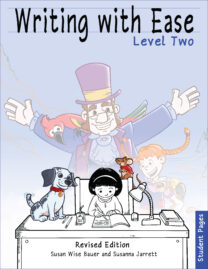
Writing With Ease 2, Revised Student Pages
0 out of 5$15.95 – $16.11 Select options -
Sale!
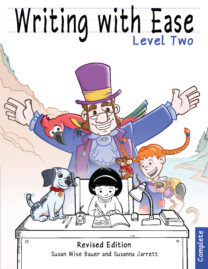
Writing With Ease 2, Complete Revised Edition
0 out of 5$31.95 – $33.11 Select options -
Sale!

Once Upon a Fairytale
0 out of 5$9.71 – $12.71 Select options -
Sale!

Napoleon and the French Revolution
0 out of 5$11.01 – $14.41 Select options
ABOUT THE AUTHOR
Susan Wise Bauer
Join over 100,000 homeschooling families
For the latest offers, educational insights, products and more.
By joining you agree to our privacy policy.






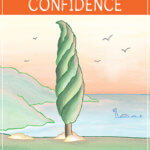

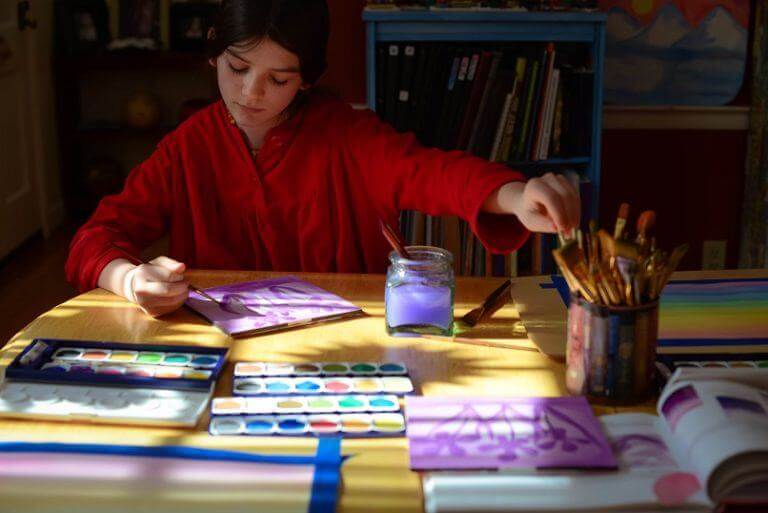


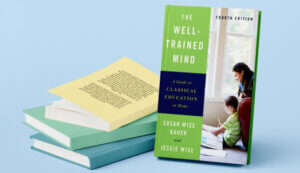







2 thoughts on “Trying Out Homeschooling, Part II: Maybe We’ll Just Keep Doing This”
I am amazed by home-school moms. I had to do it during the lockdown and I have to say it is not something I would want to do everyday. I take my hat off to you for being mom and teacher!